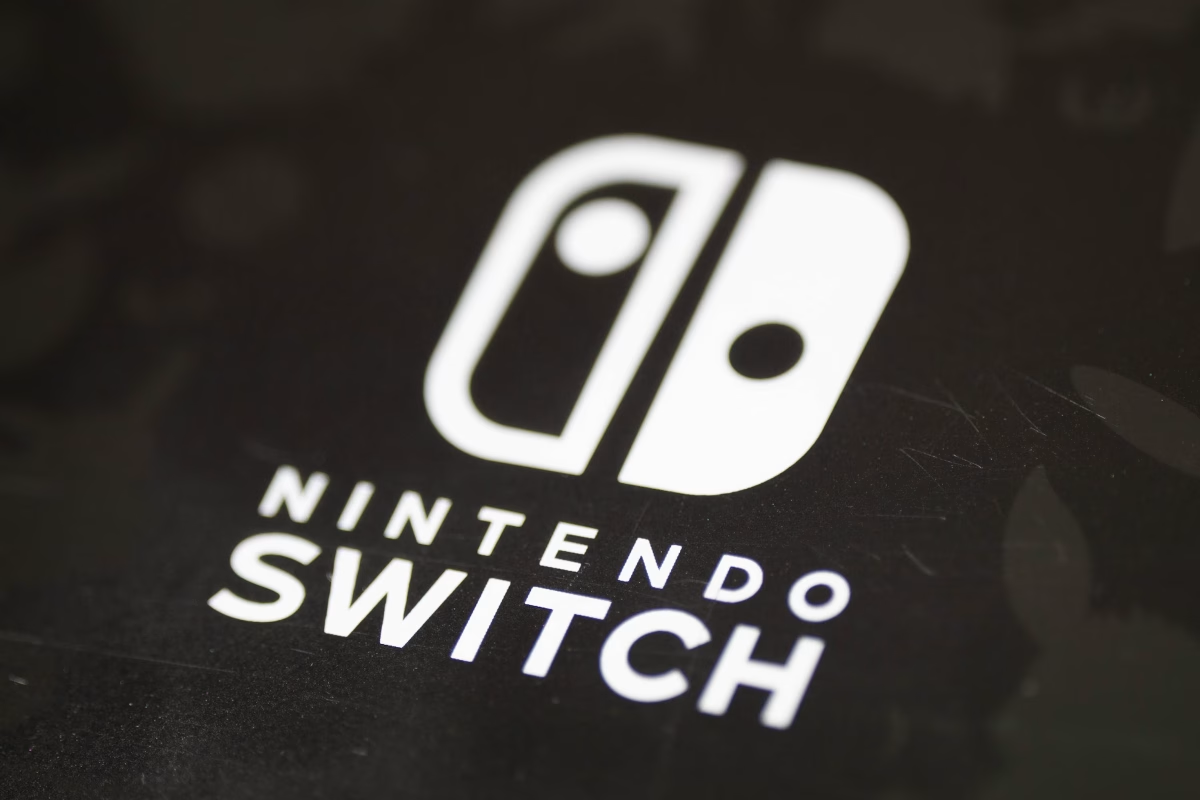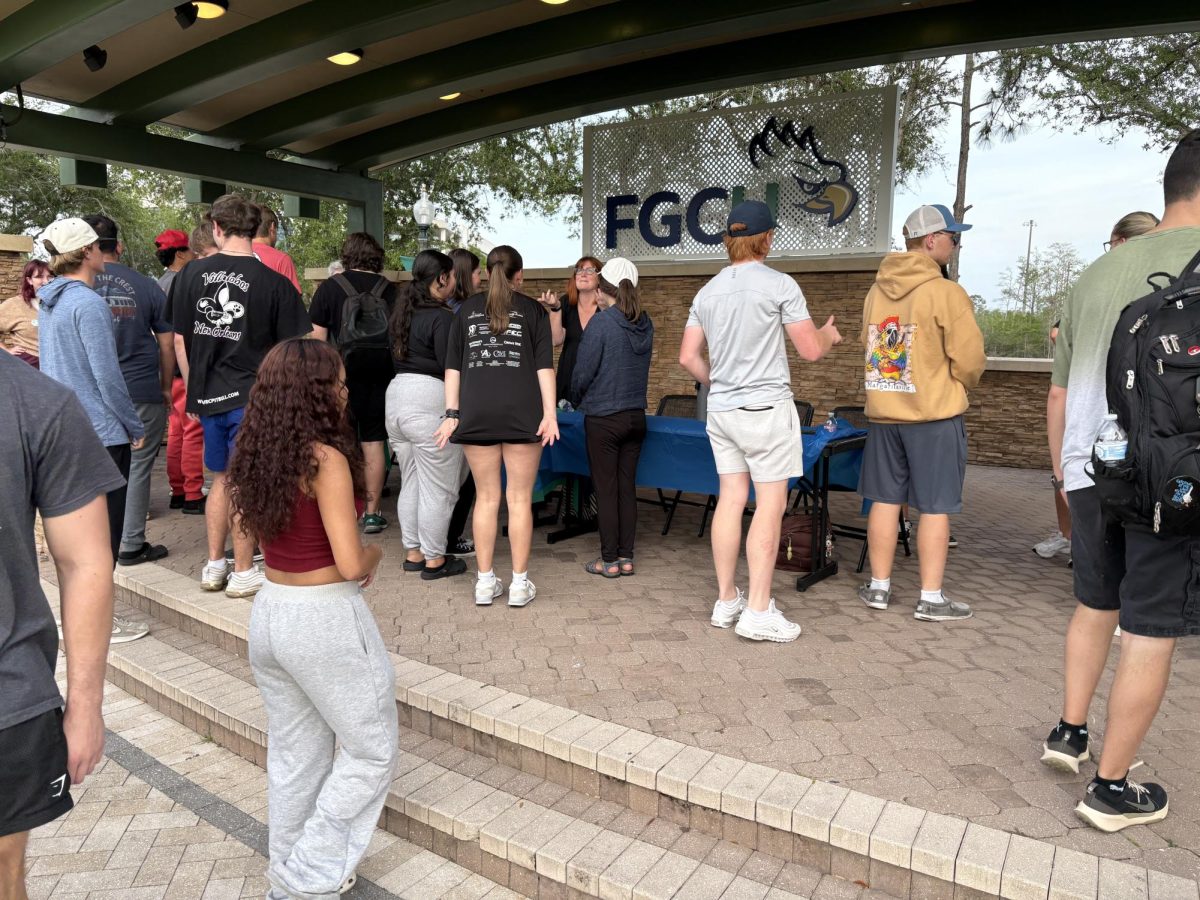Fresh vegetables, open air and lush trees come to mind when students picture FGCU’s Food Forest, a community vegetable garden located near the welcome center. However, students may also begin to enjoy a newly renovated butterfly garden next to the forest thanks to the Wildlife Club.
The garden was created in spring 2015, however it still needed an adequate number of plants to attract butterflies.
“I applied for a SAGE mini-grant in Fall 2014 and the garden was created in spring 2015,” said senior biology major Sara Bolds, a member of the Wildlife Club who spearheaded the creation of the garden. “I didn’t receive the full amount that I asked for, so the garden still needed plants.”
On Tuesday Feb. 2, the Butterfly Garden Beautification Bill was introduced to Student Government Senate by Jason Finan. The Wildlife Club asked SG for $180 to purchase plants from the All Native Garden Center. The bill passed unanimously on Tuesday Feb. 9 on the second reading.
“With the money from Student Government we’re going to buy native plants (that) require less water and maintenance from All Native Garden Center to expand the garden,” Bolds said.
Bolds also plans on asking Lowe’s for donations toward the beautification process.
Erica Krueger, the president of the Wildlife Club, said that working with SG has been a positive experience.
“We appreciate that they support educational and environmental initiatives and have supported us in many of our endeavors,” Krueger said.
The club also plans on adding signs to the garden that will identify native species of plants in the garden. In the long run, they hope to add a bench and a butterfly guide for students and visitors who want to spend more time in the garden.
While the garden is located near the Food Forest, the beautification process has not been assisted by those who are involved with the forest.
“We have enjoyed working with the Food Forest on other projects and events, but the butterfly garden has not been a direct project with the Food Forest,” Krueger said. “However, they have agreed to let us use their tools.”
The garden will benefit the Food Forest because butterflies are important pollinators, and will eventually provide larval host plants and nectar sources. In addition to improving the garden, the Wildlife Club is planning on holding a service event to add the new plants to the garden.
“Further along we would also like to have members work together toward making the information signs,” Krueger said. “We want to encourage members to continue building on the project design and utilizing the garden for other opportunities pertaining to our mission.”
Categories:
Wildlife Club to improve butterfly garden on FGCU campus
February 13, 2016
Story continues below advertisement
0
More to Discover



























